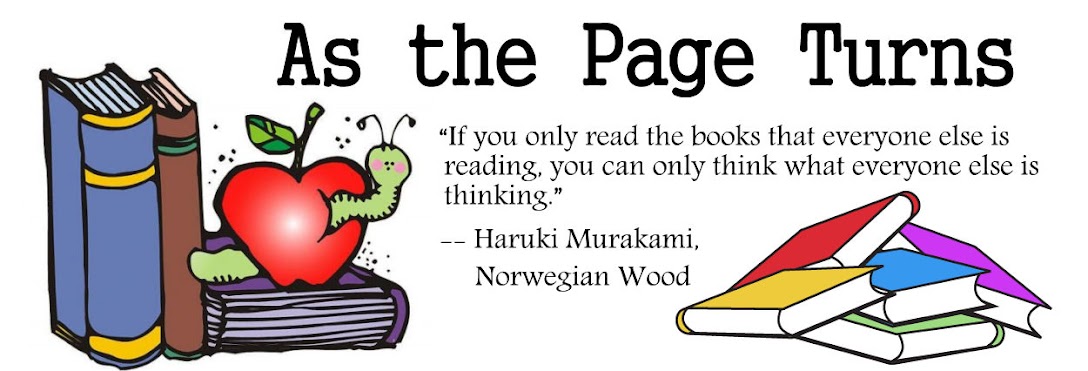My military service—and the service of
those around me—wasn’t anything special.
I didn’t serve in some elite black ops
unit. I spent a relatively short amount of time in-country. And my deployments
were, on the whole, both very, very boring.
That mundanity is precisely why it was
important that I wrote about it. While our culture is quick to celebrate war
heroes—those figures who meet extreme circumstances and rise above them, or
endure in the face of incredible hardship—of less note and renown is the
typical soldier, the average grunt, or the lowly Joe just doing his job.
Societies have always celebrated their
heroes—those who do more, those who achieve more. That’s great. But if we only focus
on the stories that are propaganda worthy, we lose something of ourselves. The
average person who serves in war has a story to tell, and that story is
important. It’s important precisely because so many can relate to it.
In Flight
of the Blue Falcon, I describe a lot of the soldier’s day-to-day
activities. It’s mundane, sure, but it’s also important. It’s funny. It’s
surreal. It’s bizarre. It’s frustrating. Not everyone serves in the military or
in a time of war, but everyone has a job that they hate, at one time or
another. They have a boss that drives them nuts. They experience hardship,
misunderstanding, alienation. They find their dreams slipping away. Their
relationships fraying. Their self-respect taking a hit.
Everyone can relate to those things.
Military service—real, rough, dangerous
service—brings these moments and periods of self-reflection and doubt to a
whole new level. Good military novels are essentially books about the American
workplace, the American dream, writ large against tragic circumstances, with
high-stakes moments that go well beyond the typical.
And yet, if you’ve ever spent any amount of time with line soldiers, you
realize that they are typical. They
are just regular folks, trudging through the day to day of their lives, their
jobs. Even if you’ve never served, you’ll see yourself in them. You’ll see your
friends, your family, your co-workers in the faces and stories of these men and
women in uniform.
That is precisely why, not in spite of but
because of the mundanity of military service, we should tell our stories. Our
stories of being bored, of being hopeful, of being challenged with loss and
even death. The experience of the average is valuable, because in the average,
we can see ourselves. We can be connected with one another, even across
cultures, time, and experience.
/////////////////////////////////////
Title: Flight of the Blue Falcon
Genre: Fiction – Adult
Author: Jonathan Raab
Website: http://www.warwriterscampaign.org
Publisher: War Writers’ Campaign, Inc.
Watch the Trailer
Purchase on Amazon
About the Book:
FLIGHT OF THE BLUE FALCON
By
JONATHAN RAAB
“Jonathan Raab is not only a genuine advocate for veteran causes, he is a preacher of their tales; both fiction and nonfiction. His writing will immerse you into a combat environment that parallels the imagination of those who have never had the pleasure.”
—Derek J. Porter, author of Conquering Mental Fatigues: PTSD & Hypervigilance Disorder
“Jonathan Raab uses his experience to illustrate the raw world of the common soldier. His masterful use of edgy humor and intellectual commentary creates a space for discussing the military culture.”
—Nate Brookshire, co-author, Hidden Wounds: A Soldiers Burden
In FLIGHT OF THE BLUE FALCON (War Writers’ Campaign; July 2015; PRICE), a chewed-up Army National Guard unit heads to a forgotten war in Afghanistan where three men find themselves thrust into the heart of absurdity: the post-modern American war machine. The inexperienced Private Rench, the jaded veteran Staff Sergeant Halderman, and the idealistic Lieutenant Gracie join a platoon of misfit citizen-soldiers and experience a series of alienating and bizarre events.
Private Rench is young, inexperienced, and from a poor, rural, broken home. He’s adrift in life. The early signs of alcoholism and potential substance abuse are beginning to rear their ugly heads. He wants to do right by the Army, but doesn’t quite know who he is yet.
Staff Sergeant Halderman has one previous combat tour under his belt. He got out, realized his life was going nowhere, so re-enlisted to serve with the men he knew, and to lead the inexperienced guys into combat. He is manifesting the early signs of post traumatic stress, but is too focused on the upcoming mission to deal with it. He sees the Army for what it is—a big, screwed up machine that doesn’t always do the right thing—but he doesn’t think all that highly of himself, either.
Second Lieutenant Gracie is fresh, young, excited to be in the Army, and trying to adjust to the new to the military and his life as an officer. Although he faces a steep learning curve, he is adaptable and has a good, upbeat attitude. As he tries to forge his own path, he nonetheless turns to the experienced NCOs in his unit for guidance and support. He must continually make tough decisions that have no “right” or textbook answers. Yet these decisions are catalysts enabling him to grow in maturity, experience, and wisdom.
Preparation for combat is surreal: Rench is force-fed cookies by his drill sergeants. Halderman’s “training” is to pick up garbage in the blistering heat of the California desert for four days straight. Gracie contends with a battalion commander obsessed with latrine graffiti.
Once they reach Afghanistan, things really get weird.
FLIGHT OF THE BLUE FALCON is the story of three men who volunteer to serve their country. It’s about what it means to be a soldier, to fight, to know true camaraderie—and to return home.
This is a war story. This is their story.
Only the most unbelievable parts are true.
About the Author
Jonathan Raab is a veteran of the Afghanistan war, where he served as an infantryman assigned to a combat advisor team. He is the editor-in-chief of Muzzleland Press and an editor for the War Writers’ Campaign. His work has appeared in The New York Times’ At War Blog, CNN.com, the Military Success Network, Literati Presents, The Stars and Stripes, and many others. His second novel, The Hillbilly Moonshine Massacre, will be available in late 2015. He lives in the Denver metro area with his wife Jess and their dog, Egon.



No comments:
Post a Comment